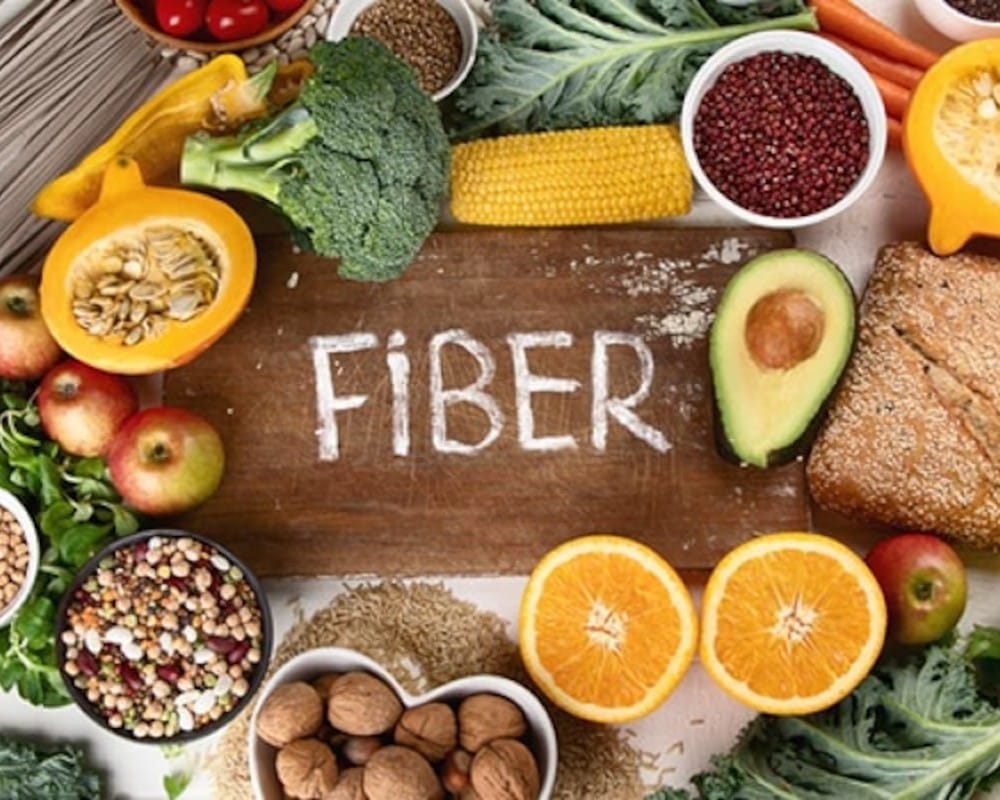
Clean eating and following an anti-inflammatory diet have become popular topics concerning nutrition and health. While the exact definitions may vary, the underlying principles focus on consuming minimally processed foods and reducing inflammation in the body. Here are a few key points to help you understand and incorporate these concepts into your lifestyle.
Prioritizing Foods without Labels
Choosing foods that don’t require labels is a fundamental aspect of clean eating. These unprocessed foods are rich in nutrients and provide numerous health benefits, including combating inflammation. When selecting minimally processed foods with labels, always try to avoid artificial additives, excessive sodium, trans-fats, and added sugars.
Filling Up on Fiber

Fiber, found only in plant-based foods, is essential for a healthy diet. However, most people fall short of the recommended daily intake. Increasing your fiber intake helps reduce inflammation and supports a healthy gut. Aim for 30-40 grams of fiber per day by incorporating whole grains, fruits, vegetables, and legumes into your meals.
Keeping Tabs on Added Sugar
Added sugars can contribute to inflammation and various other chronic diseases. Be mindful of foods with added sugars, and aim to limit your daily intake of sugar. Read food labels and choose products with minimal added sugars. Use natural sweeteners like fruits or mashed bananas instead of refined sugar when preparing meals and baked goods.
Skipping the Salt
Excessive salt consumption leads to high blood pressure and inflammation. Check food labels for sodium content and try to consume whole, unprocessed foods that naturally contain less salt. Try to enhance the flavor of your regular meals with different herbs, spices, vinegar, lime juice, or salt-free seasoning blends.
Going Organic

Organic foods have gained popularity due to their potential health and environmental benefits. While research suggests that certain pesticides used in conventional farming may contribute to inflammation, the extent of their impact remains uncertain. If feasible, choose organic produce for items like leafy greens and strawberries, which tend to have higher pesticide residue.
Getting Smart about GMOs
Genetically modified organisms (GMOs) can be found in some common food products, primarily soy, corn, papaya, and cassava, as well as in additives, preservatives, and flavorings. Although controversial, some studies have linked GMOs to inflammation and other health issues.
Rethinking Meat
While meat can be a source of nutrients, it may also contribute to inflammation. Consider substituting meat with plant-based proteins, such as legumes, to benefit from the fiber and phytonutrients found in plants. If you want to consume meat, opt for lean options and limit your intake of saturated fats.